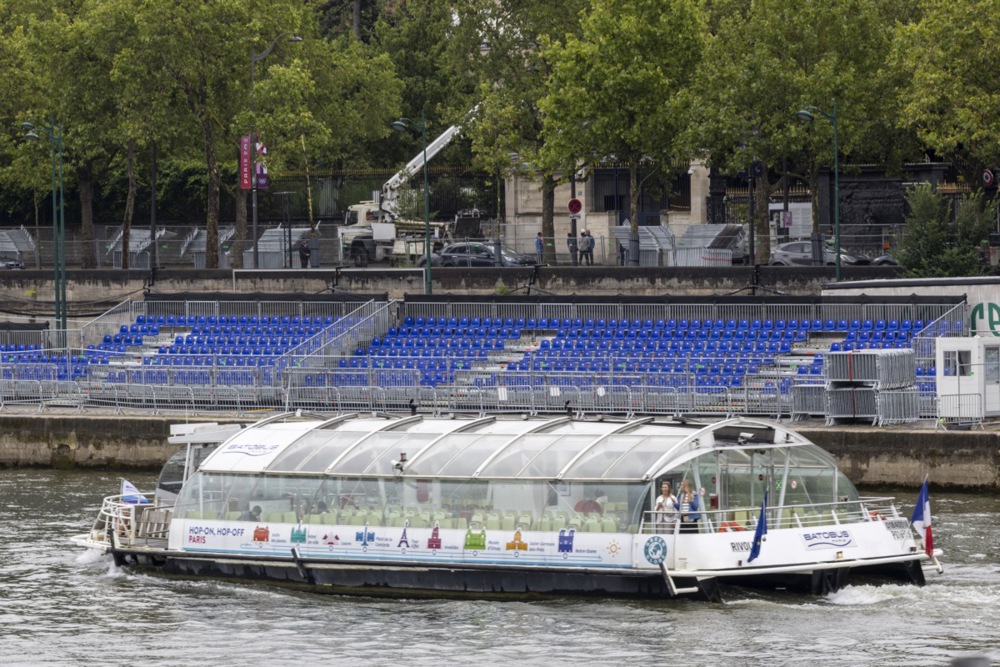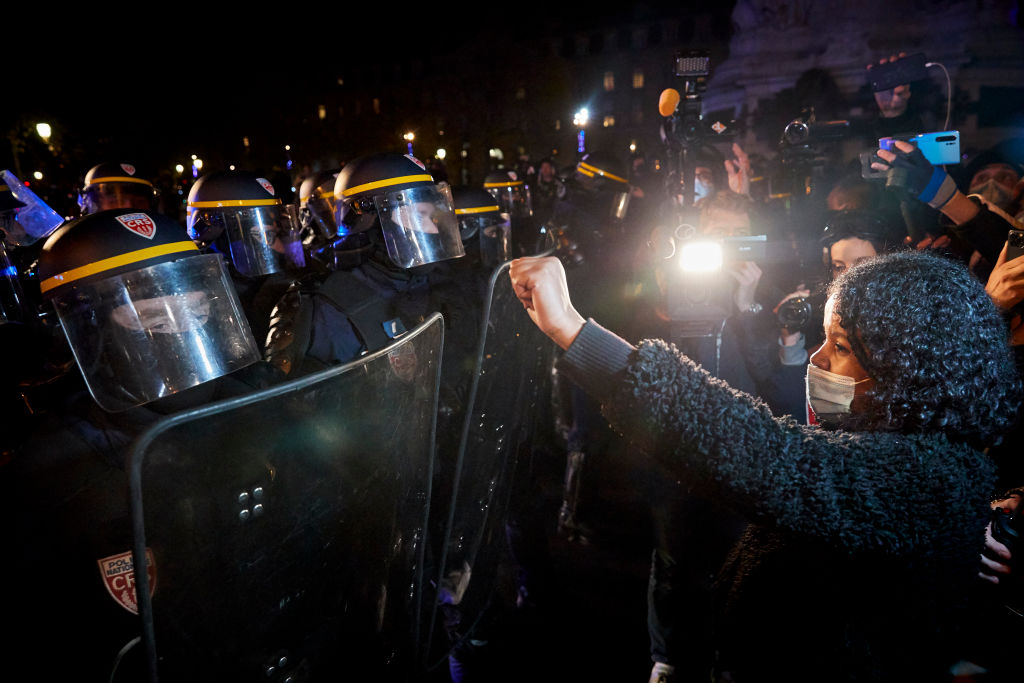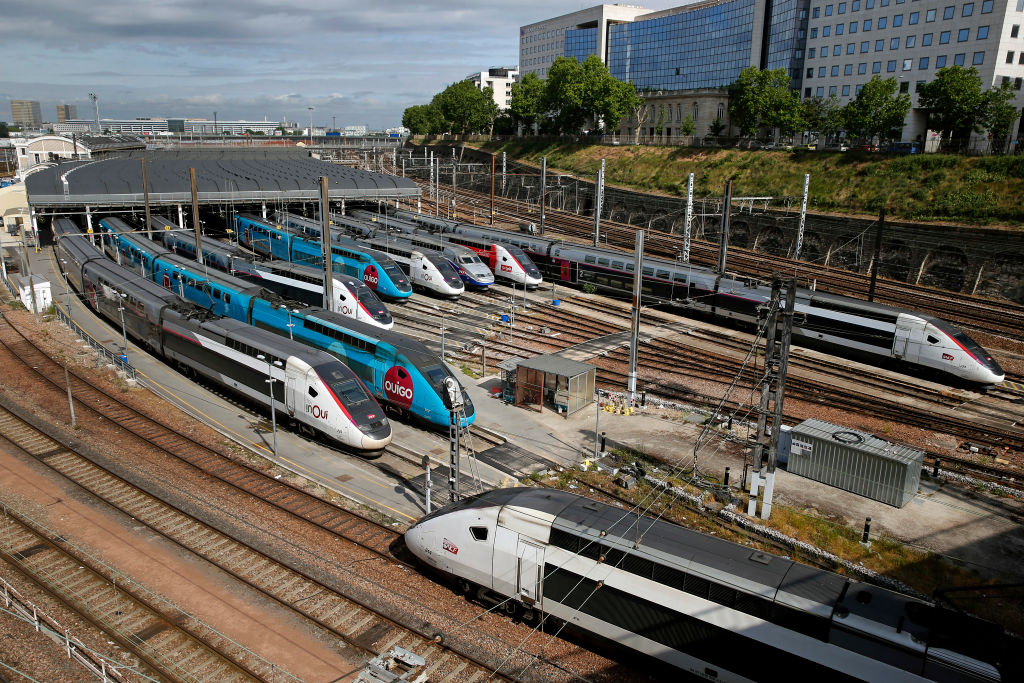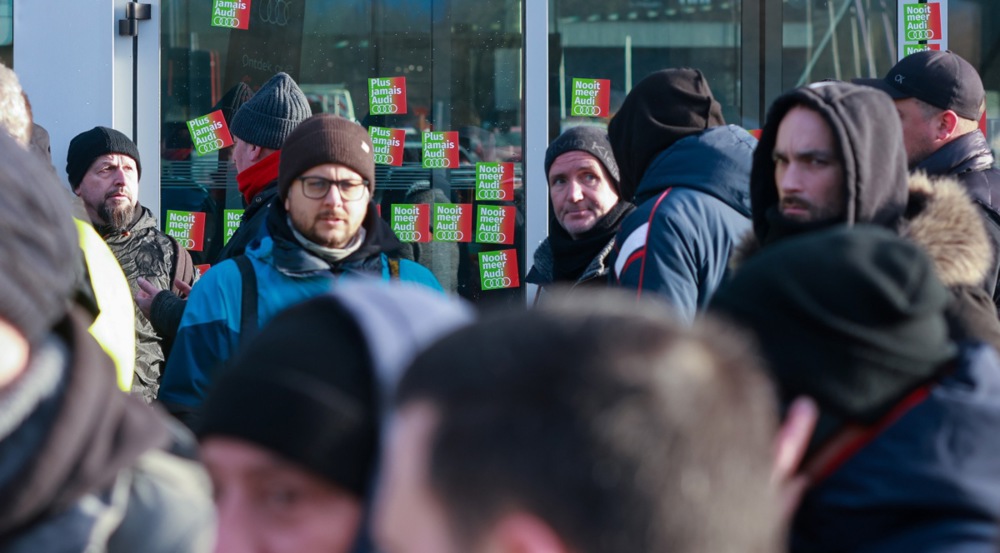Paris has voted in a referendum to drastically increase the number of car-free streets, although the turnout was extremely low.
While 66 per cent of those who cast a ballot on March 23 supported making parts of of the French capital more pedestrian-friendly and “green”, just 4 per cent of the city’s residents participated.
Barely 56,500 people out of 1.391 million registered voters participated in the election, which was open to those as young as 16.
According to French newspaper Le Monde, 14 of the 17 arrondissements voted in favour, with only three, held by the centre-right, opposed the proposal.
Paris said it did not intend to exclude those arrondissements from its greening plans.
The municipality announced that each borough would be involved in identifying the affected streets and conducting feasibility studies. The project, expected to take three years to complete, aimed to transform Paris into a “garden city” by expanding green spaces and reducing car traffic.
As a result, 500 streets, or 10 per cent of those in the French capital, would ban cars. Since 2020, Paris Mayor Anne Hidalgo has created already 300 such areas.
Turning streets green in this way came at an estimated average cost of €500,000 per street, according to city officials.
“This vote reinforces our desire to continue to share public space in favour of pedestrians and to green Paris for an ever greener city,” Christophe Najdovski, deputy mayor of Paris in charge of green spaces, told AFP.
The city of Paris has become the latest European municipality to abandon Elon Musk’s social media platform, saying it will close its X account on January 20. https://t.co/bzEn2YSoOZ
— Brussels Signal (@brusselssignal) January 17, 2025
Opposition parties were not impressed, pointing to the low turnout.
Pierre-Yves Bournazel of the centrist Horizons Party, who co-directs Union Capitale, the largest opposition group, said in a press release the referendum was “a scathing disavowal for a consultation that was played out in advance”.
“When we don’t give ourselves the means to interest Parisians in the future of their city, we shouldn’t be surprised by a low turnout,” he said.
Nelly Garnier of Rachida Dati’s centre-right Change Paris group said the referendum was a communication campaign of the city, calling it a “new simulacrum of participatory democracy”. She added that residents should have been consulted on other issues.
The “40 million motorists” association, representing the interests of motorists, said Paris was already crisscrossed by Low Emission Zones (LEZs) and Limited Traffic Zones (ZTLs) and would now see its road network shrink further.
It stressed that many streets targeted in Paris were essential traffic arteries, especially in working-class neighbourhoods and shopping areas. It assumed that their closure was likely to disrupt the habits of thousands of residents and professionals who depended on their cars on a daily basis.
Philippe Nozière, president of 40 million motorists, said: “We are witnessing a progressive confiscation of urban space. The town hall is moving forward under the guise of ecology, but it is forgetting those who have no choice but to get behind the wheel.
“We sell green to voters but we forget to say that CO2 emissions will not necessarily go down if traffic is piled up elsewhere.”
Under Socialist Mayor Anne Hidalgo, Paris has had a number other similar referenda already. In 2024, it tripled 4×4 parking fees after a referendum with a turnout of 5.68 per cent.
In 2023, it banned for-hire electric scooters after a referendum with a turnout of 7.46 per cent.
Paris, Barcelona, and Brussels are the ‘worst European cities for robberies’.
There was a notably higher incidence of robberies in Western European metropolitan areas compared to Eastern Europe.
Full article ?? https://t.co/gYepDdUgQ3 pic.twitter.com/0swPi8Ymg9
— Brussels Signal (@brusselssignal) July 31, 2024





